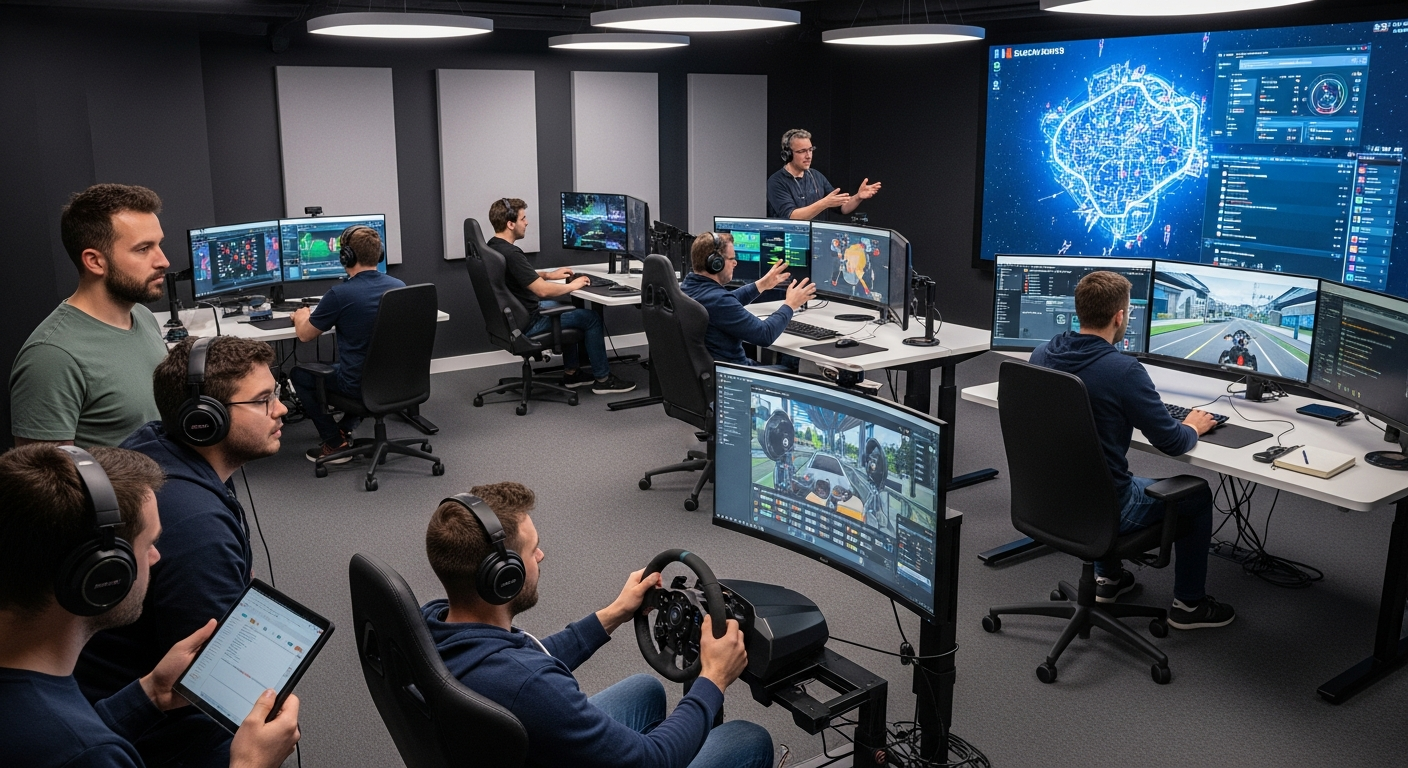Neurodiverse Hiring: Transforming Workplace Diversity
In today's rapidly evolving job market, a groundbreaking shift is reshaping the landscape of talent acquisition and workplace diversity. Neurodiverse hiring practices are gaining momentum, offering innovative solutions to longstanding challenges in recruitment and team dynamics. This approach not only broadens the talent pool but also brings unique perspectives and skills to organizations, fostering creativity and problem-solving in unprecedented ways.
Many neurodiverse individuals possess exceptional skills in pattern recognition, memory, and analytical thinking. These strengths can translate into valuable assets across various industries, from technology and finance to creative fields and beyond. By embracing neurodiversity, companies are not only promoting inclusivity but also gaining a competitive edge through diverse thought processes and problem-solving approaches.
The Business Case for Neurodiverse Hiring
Research consistently demonstrates the benefits of neurodiverse hiring practices. Companies that have implemented such programs report increased productivity, enhanced innovation, and improved team dynamics. A study by JPMorgan Chase found that professionals in their Autism at Work program were 48% more productive than their neurotypical peers in certain roles.
Moreover, neurodiverse teams often excel in areas such as cybersecurity, data analysis, and quality assurance. Their unique perspectives can lead to breakthrough innovations and identify oversights that might be missed by more homogeneous groups. As businesses face increasingly complex challenges, the ability to approach problems from multiple angles becomes invaluable.
Adapting Recruitment and Onboarding Processes
Traditional hiring practices often unintentionally exclude neurodiverse candidates. To tap into this talent pool, companies are reimagining their recruitment strategies. This includes modifying interview processes to focus on practical skills assessments rather than social interactions, which can be challenging for some neurodiverse individuals.
Some organizations are partnering with specialized recruitment agencies or implementing neurodiversity-focused internship programs. These initiatives provide structured pathways for neurodiverse individuals to showcase their abilities in real work environments. Additionally, companies are training hiring managers and teams on neurodiversity awareness, fostering a more inclusive and understanding workplace culture.
Creating Supportive Work Environments
Successfully integrating neurodiverse employees requires thoughtful adjustments to the work environment. This may involve providing noise-canceling headphones, offering flexible work hours, or creating quiet spaces for focused work. Clear communication protocols and well-defined task instructions can also significantly enhance productivity and job satisfaction for neurodiverse team members.
Mentorship programs and support groups within organizations play a crucial role in ensuring long-term success. These initiatives provide neurodiverse employees with guidance, advocacy, and a sense of community, contributing to higher retention rates and career progression opportunities.
Challenges and Future Directions
While the benefits of neurodiverse hiring are clear, challenges remain. Misconceptions and stigma surrounding neurodiversity persist in many workplaces. Educating employees at all levels about neurodiversity and its value is crucial for creating truly inclusive environments.
Looking ahead, the integration of neurodiversity into diversity, equity, and inclusion (DEI) strategies is likely to become standard practice. As more success stories emerge and research continues to highlight the advantages, neurodiverse hiring is poised to become a key component of forward-thinking talent strategies.
The future of work is diverse, and neurodiversity is an essential piece of this puzzle. By recognizing and harnessing the unique strengths of neurodiverse individuals, organizations can unlock new levels of innovation, productivity, and success. As this trend continues to gain traction, it promises to reshape not only hiring practices but also societal perceptions of neurodiversity, creating more inclusive and dynamic workplaces for all.







